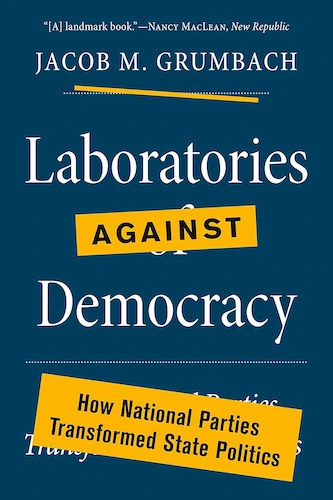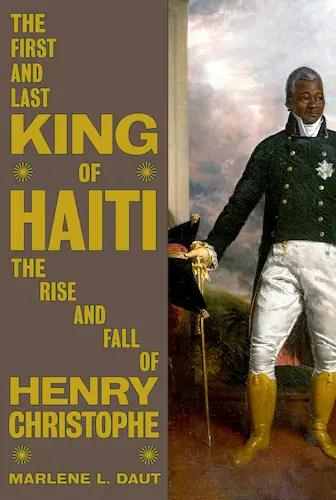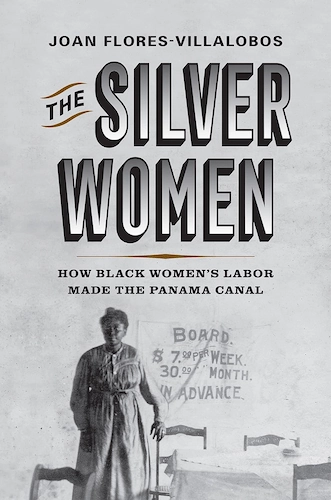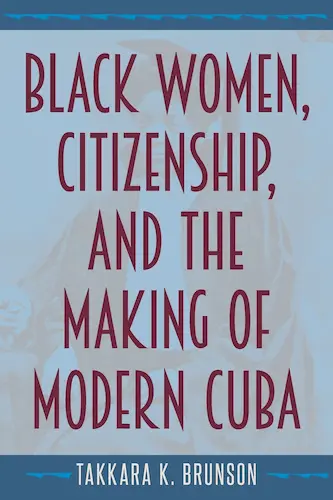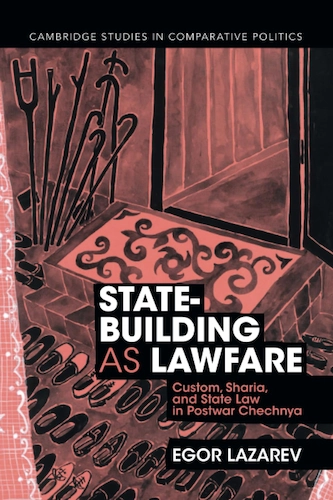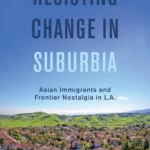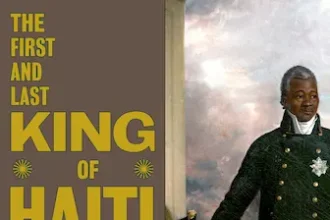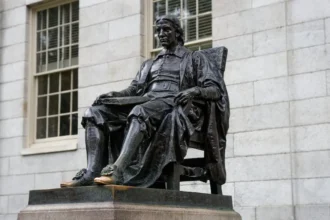American federalism has long been praised as a system that allows states to serve as “laboratories of democracy,” testing policies before they scale nationally.
Yet, in Laboratories Against Democracy: How National Parties Transformed State Politics, winner of the 2023 Merze Tate – Elinor Ostrom Outstanding Book Award, the author dismantles this idealistic view, arguing that state governments have instead become battlegrounds for national party interests, often at the expense of democratic representation.
At a time when partisan polarization and democratic backsliding dominate political discourse, this book exposes how the very structures meant to decentralize power have been co-opted by organized national forces.
How National Politics Reshaped State Governance
The book challenges the assumption that states craft policy based on local needs. Instead, it shows that state legislatures are increasingly shaped by national partisan networks that dictate policy agendas, overriding the preferences of their own voters.
Through detailed empirical research, the author demonstrates that state-level politics are no longer driven by grassroots concerns but by well-funded activists, donors, and political organizations that operate at the national level.This shift has led to a surge in state policies that do not reflect local public opinion, from abortion bans in moderate states to aggressive voter suppression laws.
A key argument is that the nationalization of the Democratic and Republican parties has eroded traditional checks and balances within federalism. Where states were once expected to function as autonomous policy innovators, they now act as extensions of national party platforms.
The book details how interest groups, campaign financiers, and advocacy networks have leveraged state institutions to implement sweeping policy changes that would face greater resistance at the federal level. Notably, Republican-controlled states have pursued strategies that entrench partisan power through gerrymandering, voter suppression, and legislative takeovers that weaken democratic accountability.
The Consequences for Democracy
One of the book’s most striking findings is that the influence of national networks has reduced policy learning across states. Traditionally, state governments were thought to observe and adopt successful policies from one another. However, as the book reveals, policy diffusion is now primarily partisan: Democratic states mimic other Democratic states, and Republican states do the same, regardless of whether a given policy is effective. This pattern has led to increased policy polarization and reduced flexibility in governance, as states adopt ideologically rigid policies rather than pragmatic solutions.
Beyond its academic contributions, the book serves as a warning about the fragility of democracy in a federalist system. It argues that state governments are now the primary venues where democratic backsliding occurs. The erosion of voting rights, court-packing strategies, and legislative maneuvers that strip power from opposing parties are not isolated incidents but part of a broader strategy enabled by the structural weaknesses of American federalism. By exposing these dynamics, the book urges scholars, policymakers, and citizens to rethink the role of state politics in preserving—or undermining—democratic governance.
For readers interested in American politics, democratic theory, and institutional change, Laboratories Against Democracy is an essential work. It forces a reckoning with the realities of modern federalism and highlights the urgent need to protect democratic institutions at the state level. At a time when states are wielding unprecedented influence over national political outcomes, this book provides both a diagnosis and a call to action. The book is available here.


